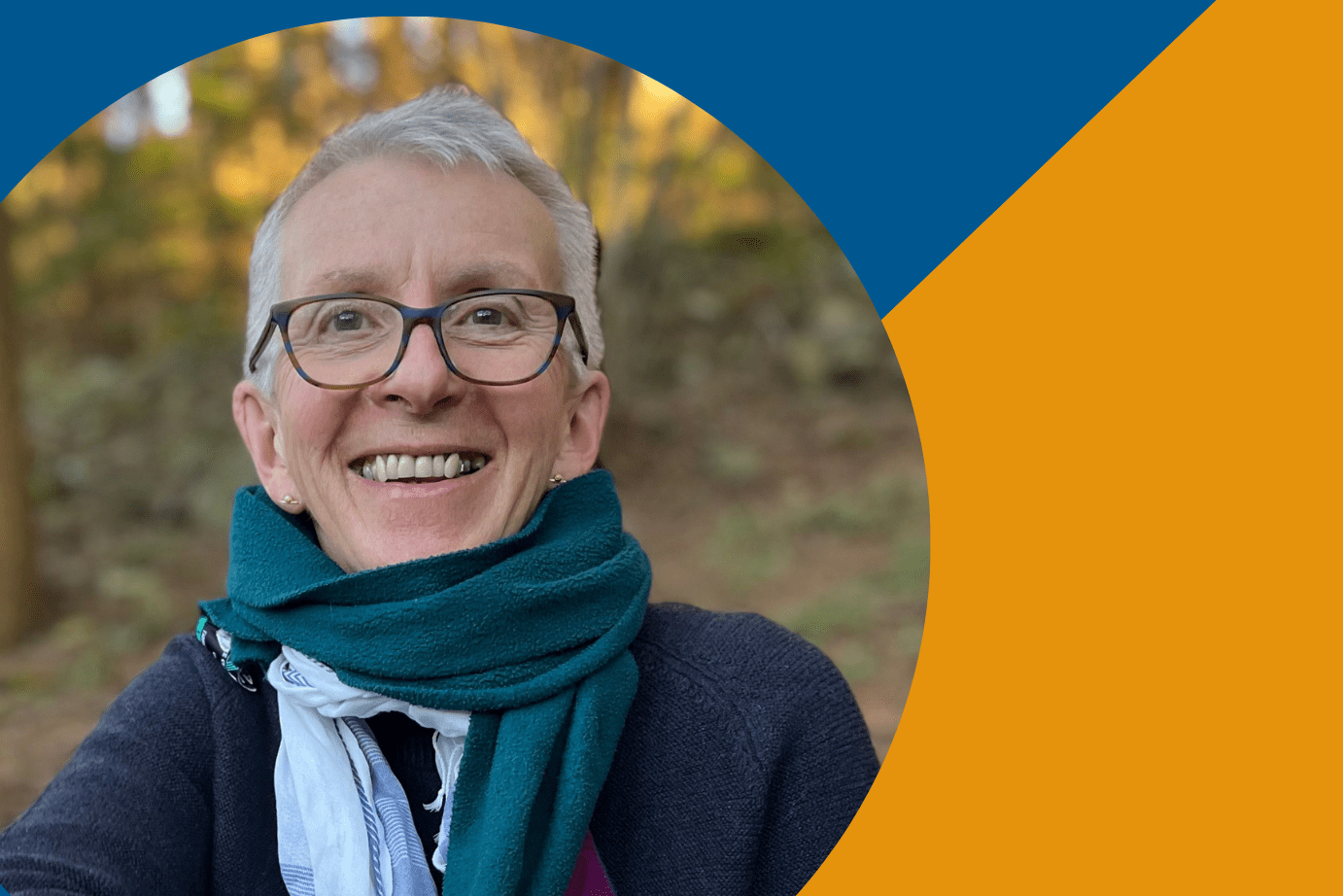
Dr Helen Willows, a GP, trustee and volunteer for national charity The Reader who is member of an online Shared Reading group herself, expresses what she feels are five key ways Shared Reading can impact and improve mental health.

Retired Shropshire portfolio GP Dr Helen Willows has been on the Board of Trustees for The Reader – the UK’s largest Shared Reading charity – since 2021.
She is a member of an online international poetry group run by the charity’s founder, Jane Davis, currently reading John Milton’s epic 17th century poem Paradise Lost and is herself a Reader Leader, supporting a group of around 15 volunteers across Shropshire, into Wales and Cheshire. She is also a volunteer for the charity’s Reading Heroes project, reading stories and poetry to a care experienced child.
Dr Willows said: “I believe Shared Reading has something to offer everybody. I’ve seen its benefits in people with depression, people living with dementia, with looked after children and with people attending day care in a hospice.
“Shared Reading was a massive help for me after my husband was diagnosed with a brain tumour in 2022. I attended a weekly online Shared Reading group where I read and discussed Wordsworth’s The Prelude with a really close group of people.
“Without doubt it felt like an escape and the only time when I had time to myself as a full-time carer. It gave me a really good feeling for what Shared Reading could do for people.
“Thinking back over the way I have seen Shared Reading work over the many years I’ve been involved with the charity, and reflecting on how it felt for me personally, it seems there are five ways in which it works its magic.”
1. Space
A Shared Reading group offers anyone who is experiencing anxiety, depression or distress the chance to get away. It provides an alternative physical and mental space, to escape intrusion from other people, or thoughts.
2. Connection
In Shared Reading groups there is an immediate connection with others on the day, but there is also a connection that develops over weeks through reflections, contributions and discussion of shared texts and poems they have read together. This augments a group member’s own thoughts, ideas and experiences and friendships often develop.
3. A sense of welcome and lack of labelling
A Shared Reading group welcome is not anodyne, it’s a positive welcome with an absence of labelling and othering. Attendance requires no funds, preparation or prior knowledge, no expectation to read or even being able to read.
There are no preconceptions about the kind of person you are, and people only know what you choose to share, with, in contrast to many therapy groups, no pressure to relate personal details.
There is also no pressure to contribute.
4. New vistas
Some people, often as a result of economic, educational or geographical location, can have quite limited lives, and may live in silos where they mirror opinions they hear, or have their own opinions reinforced. Reading great literature allows one to escape from entrenched views and literally see another side of life, another way of living. Shared Reading literally opens a whole new world, showing that great literature is for everyone, but more specifically this means YOU, it speaks personally to individual members in the group. This is a really important and special message which does not come from traditional education. It’s not erudite or exclusive.
5. Everyone has something to contribute
Finally, I think an important thing about Shared Reading that will help contribute to good mental health is the fact that everybody has something to contribute – if they wish to – and their contributions will never be wrong.
There aren’t any wrongs in Shared Reading because it encourages you to describe your own thoughts and perspectives, which will naturally often differ from others in the room. That’s normal and absolutely how it should be.
For many people this is a new way of being: not looking for acceptance, not looking for agreement, just having the chance to express what they think about something and to be listened to with deep listening.
To find your nearest Shared Reading group visit here or how to become a volunteer visit here. For more information about The Reader visit here.






